Publications
Articles, publications, books, tools and multimedia features from the U.S. Institute of Peace provide the latest news, analysis, research findings, practitioner guides and reports, all related to the conflict zones and issues that are at the center of the Institute’s work to prevent and reduce violent conflict.
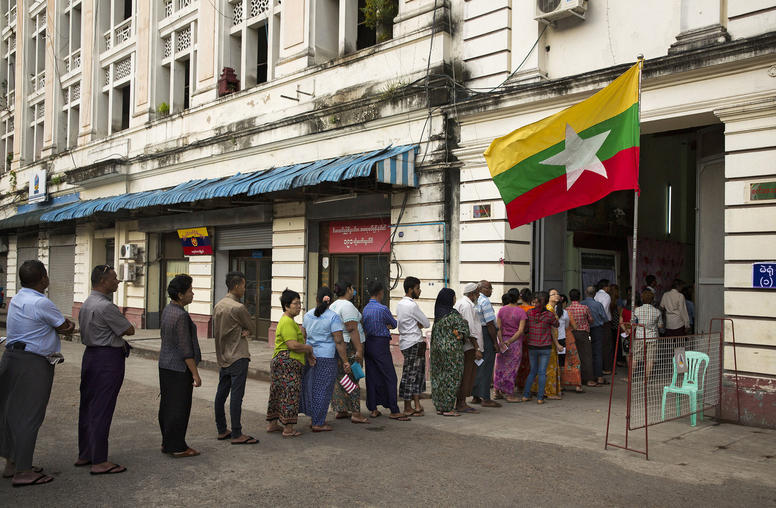
Election Cancellations in Rakhine State Could Signal Trouble for Myanmar
On October 16, when it took the stunning and sweeping decision to cancel most of the vote in Rakhine State on November 8, the Union Election Commission (UEC) disenfranchised an estimated 73% of Rakhine voters, in addition to the Rohingya who had been stripped of voting rights in 2015. The UEC justified its decision on the grounds that the election could be neither free nor fair because of ongoing armed conflict in the state. When critics asked why the elections had not been cancelled in war-stricken Paletwa, where security concerns are most acute, the UEC called off elections in parts of that Chin State town and restored them in a few village tracts in Rakhine.
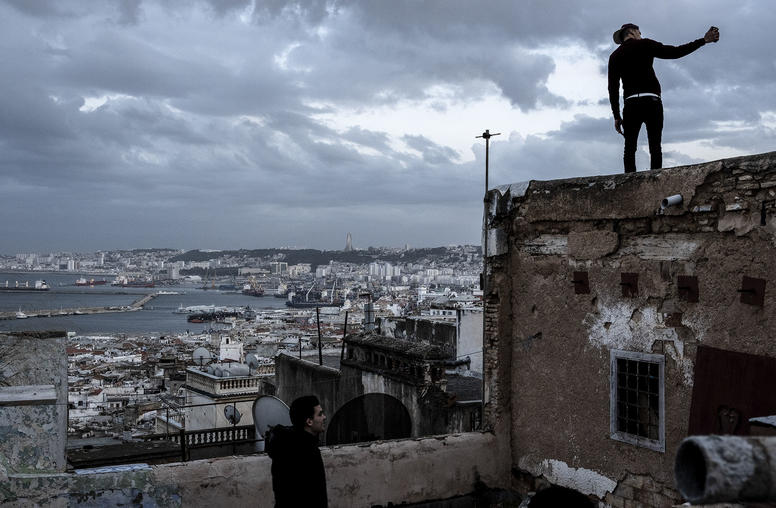
Could Algeria’s Referendum Lead to Democratic Progress or Uphold Status Quo?
Algerians took to the streets in February 2019 to protest the re-election bid of longtime authoritarian president Abdelaziz Bouteflika. Those protests—which came to be known as the Hirak movement and resulted in Bouteflika’s resignation in April of that year—evolved quickly to calls for a fundamental overhaul of the country’s political system. Few real changes have been made since. This Sunday, Algeria will hold a referendum on constitutional amendments to ostensibly bolster the country’s democracy. But, the Hirak says the constitutional changes do not go far enough. USIP’S Tom Hill looks at why the constitutional amendments have stirred tension with the opposition, the movement’s struggles to coalesce behind specific demands, and the role of Algeria’s military and floundering economy in the transition.
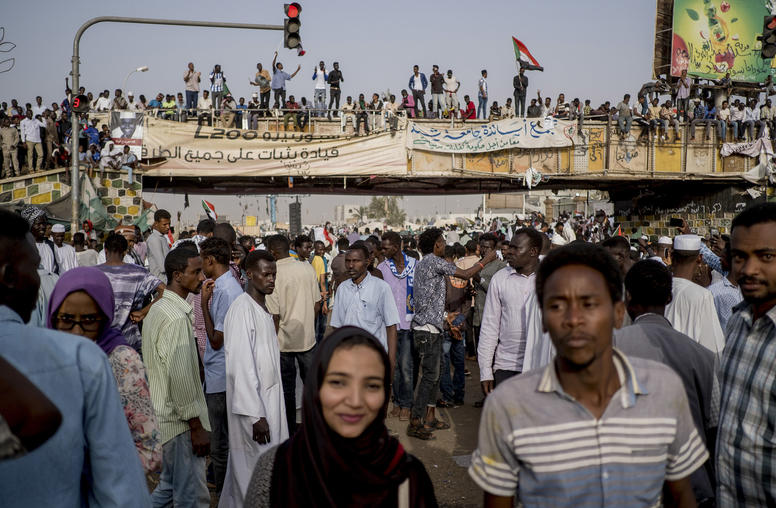
Africa is the next global influencer. That’s an opportunity.
In a COVID-altered landscape of global security threats, economic opportunities and strategic change, Africa is seizing center stage. Africans form the world’s fastest-growing population and national economies. Violent crises, democracy movements, extremist threats, international investments, human displacement and strategic opportunities all are rising. The coronavirus pandemic underscores both Africa’s risks to global stability from fragile states—and the overlooked potential of a continent now outperforming wealthier regions in containing the public health crisis. COVID is the latest reminder that “Africa’s deepening vulnerabilities and its rising capacities will shape global realities whether we prepare for that or not,” according to scholar Joseph Sany.
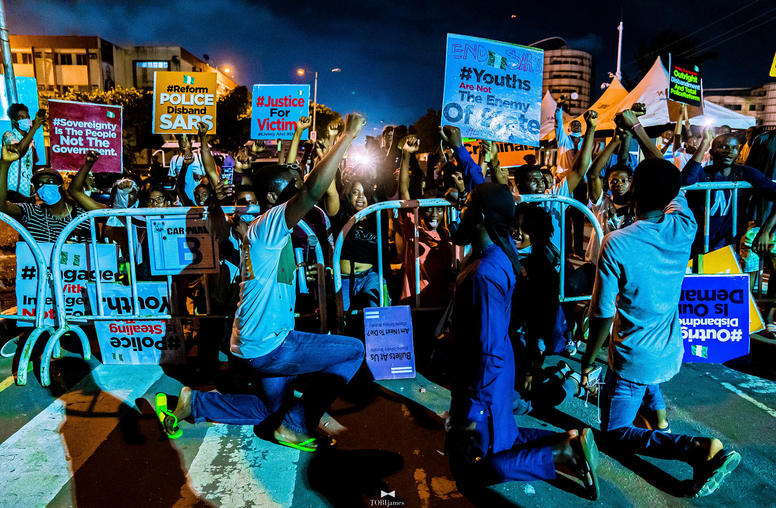
Protests Test Nigeria’s Democracy and its Leadership in Africa
Nigeria’s protests against police brutality already were the largest in the country’s history before security forces opened fire on a crowd in Lagos on October 20. The protest and bloodshed have only heightened the need for the government in Africa’s most populous country to end the pattern of violence by security forces against civilians. Leaders must finally acknowledge that this brutality has fueled violent extremism. How the Nigerian government will respond to citizens’ insistent demand for accountable governance will influence similar struggles—for democracy, accountability, nonviolence and stability—across much of Africa.
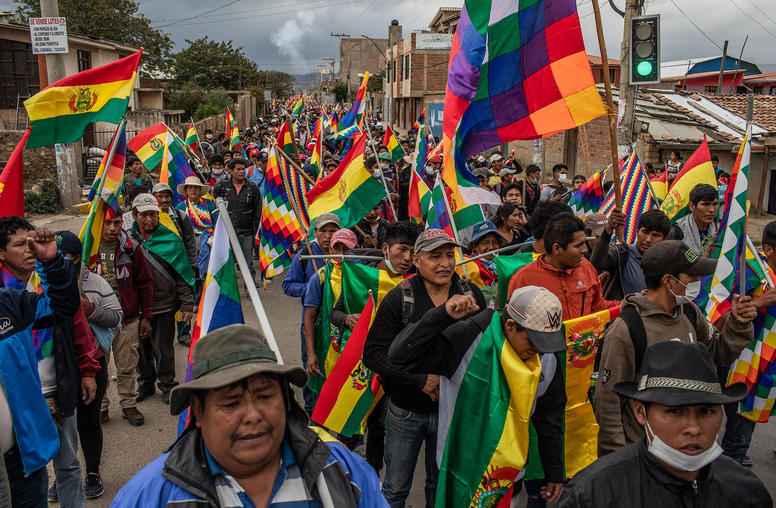
After a Year of Turmoil, Bolivia’s Election Offers Chance to Reduce Divides
Bolivians took part on Sunday in one of the country’s most decisive and historic general elections, in which the former governing party Movement Toward Socialism (MAS) and its candidate Luis Arce garnered a resounding victory. The vote culminated nearly 12 months of instability since elections in October 2019 led to allegations of fraud, followed by massive street protests and the departure of former President Evo Morales after nearly 14 years in power. Bolivia has not experienced a peaceful transition of power since 2002, but a window of opportunity has opened for the ethnically diverse Andean nation to emerge from the paralyzing polarization that has plagued it over the past years.
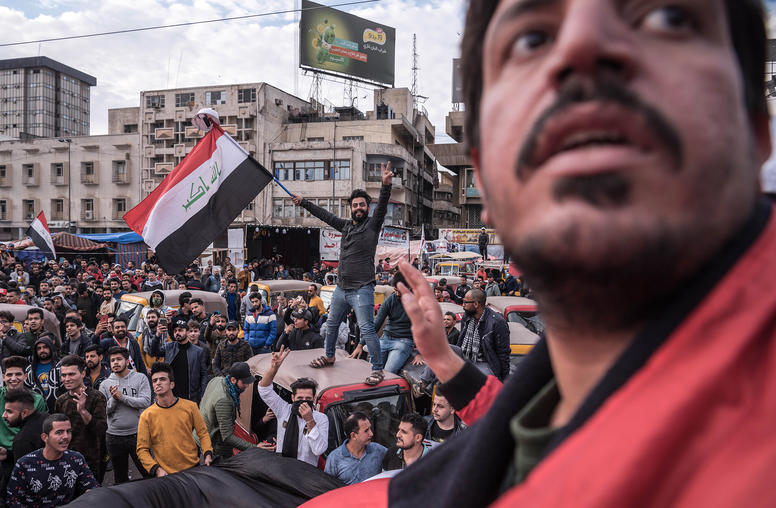
Iraq One Year After its Seismic Protests Began
Iraqis hit the streets in unprecedented numbers last October, calling for political and economic reforms, greater job opportunities for youth, and better government services. In the year since, the country has been rocked by a number of developments, including growing U.S.-Iran tensions playing out on Iraqi soil, the COVID pandemic, and increasing citizen disenchantment with the country’s political system and its sectarian foundation. USIP’s Sarhang Hamasaeed and Elie Abouaoun look at where Iraq’s protest movement stands today, the economic impact of COVID, the prime minister’s call for early elections, and U.S.-Iraq relations.
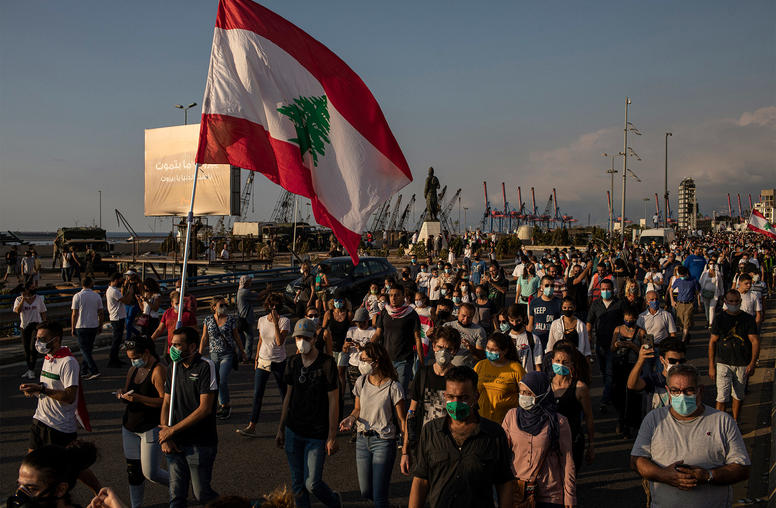
The Beirut Blast Has Yet to Spark Political Reform
Over two months later, there are still more questions than answers regarding the Beirut explosion that killed over 200 people and damaged large swaths of Lebanon’s capital city. Meanwhile, the fallout from the explosion has forced the resignation of Lebanon’s government, which had already been under fire after months of protests over corruption and a deteriorating economy. USIP’s Elie Abouaoun and Osama Gharizi look at where the blast investigation stands, what’s holding up the formation of a new government, and what a new outbreak of COVID-19 means for Lebanon.
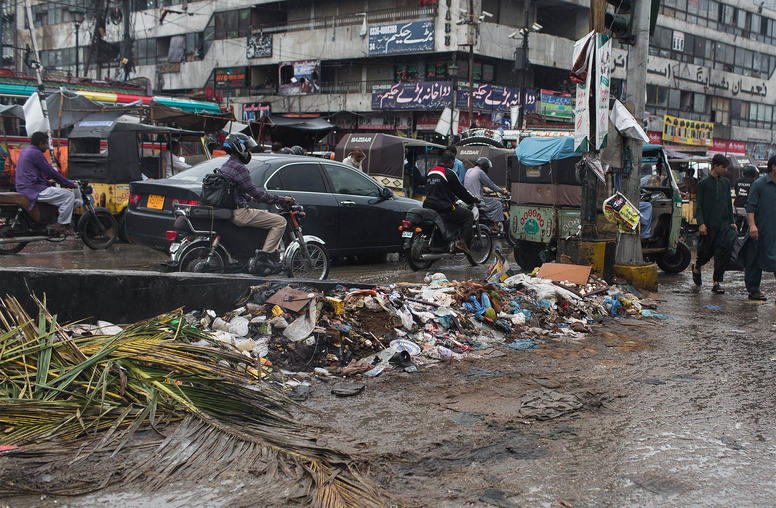
In Karachi, Flooding Lays Bare City’s Governance Issues
Many parts of Pakistan have always struggled with flooding, especially over the last decade, due in part to climate change as weather events have become more extreme. But for Pakistan’s largest city Karachi, August saw immense rainfall—breaking all previous records in the past century—and widespread flooding that brought the city to a standstill. USIP’s Jumaina Siddiqui and Cyril Almeida look at why Karachi’s flooding situation is so dire, how contentious political dynamics have impeded governance reforms in the city, and what can be done to prevent future humanitarian disasters.

Susan Stigant on Sudan’s Latest Peace Agreement
Sudan’s transitional government has signed a peace agreement to end a number of long-standing conflicts and civil wars. USIP’s Susan Stigant says this is a positive sign for democratic progress, as “one of the promises of the revolution was to seek peace,” but cautioned that the real “work only begins once the ink is on the paper.”
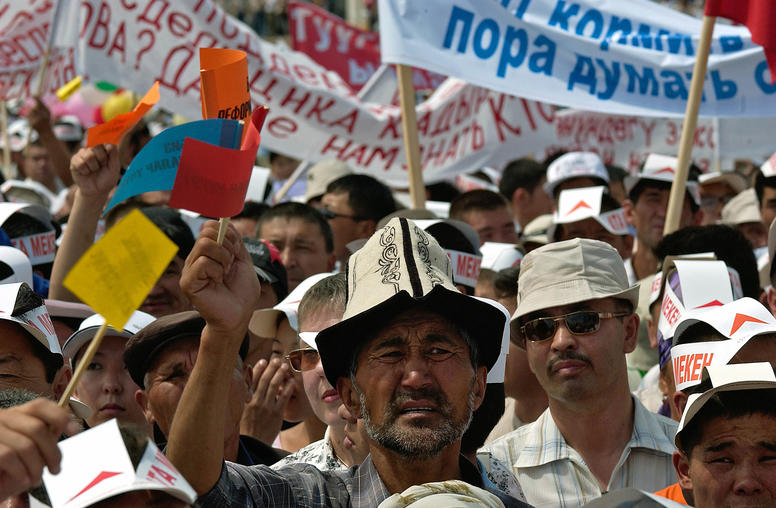
In Kyrgyzstan, It’s Easier to Start a Revolution than to Finish It
For the third time in 15 years protesters in the Kyrgyz Republic capital of Bishkek have seized and set fire to the “White House,” the seat of parliament and presidential staff. The situation is chaotic with multiple political actors claiming to be in charge and the threat of chaos expanding to the provinces. It is a scene all too familiar to Kyrgyzstan in the last 15 years, leading to a cycle of protests and calls for advancing democracy followed by backsliding into authoritarianism. While working to stabilize the situation in the short term, the United States and regional actors should be cognizant of the country’s deep regional and ethnic fault lines and support actors in Kyrgyzstan who will address them so that this time the cycle does not repeat itself.